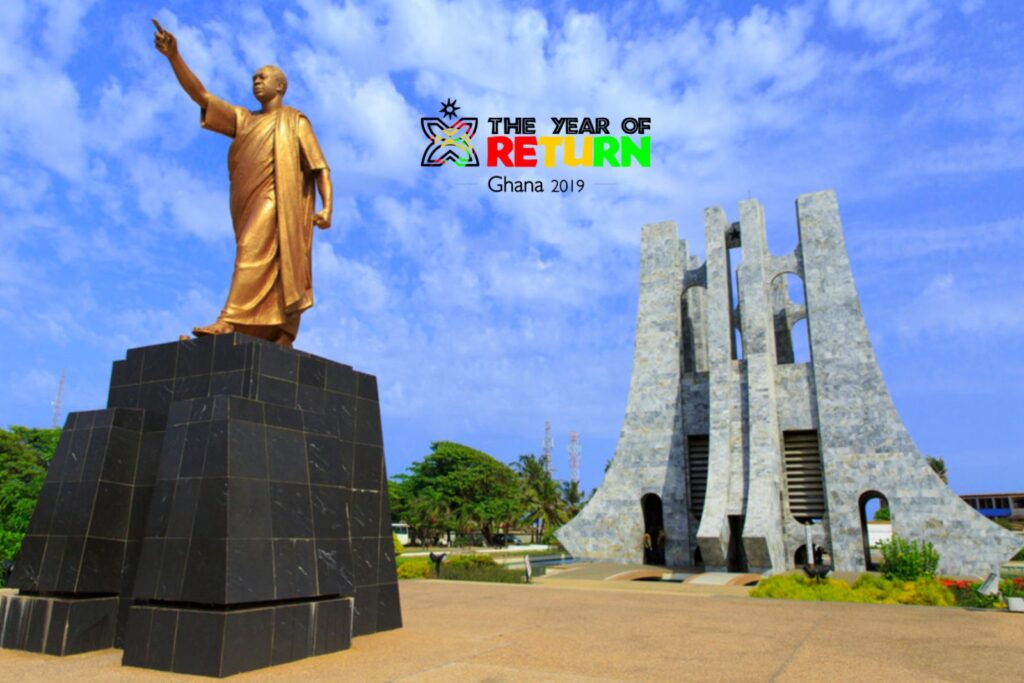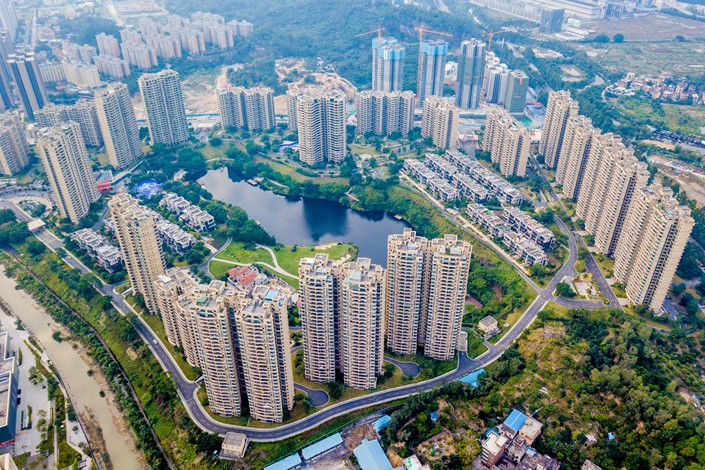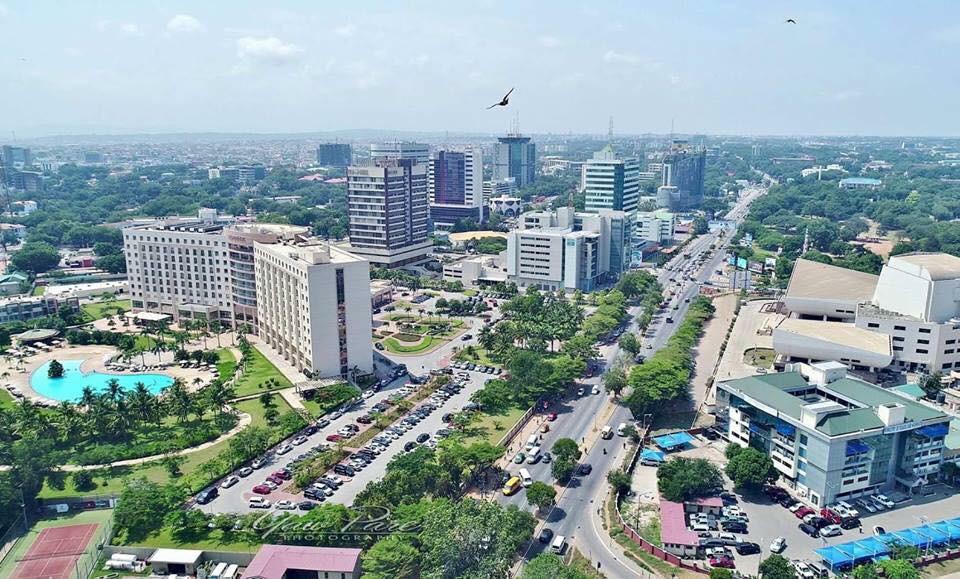The significance of Ghana’s year of return on its real estate sector

The “Year of Return” initiative in Ghana was launched in 2019 to commemorate the 400th anniversary of the arrival of the first enslaved Africans in Jamestown, Virginia. The initiative aimed to encourage people of African descent from around the world to visit Ghana, reconnect with their roots, and explore investment opportunities. While the initiative had a broader impact on tourism, culture, and the overall economy, it also had implications for the real estate sector in Ghana. Here are some ways the Year of Return influenced the real estate sector: While the Year of Return initiative had significant effects on Ghana’s real estate sector, it’s important to note that the COVID-19 pandemic and subsequent travel restrictions may have temporarily affected the momentum of growth. However, the long-term impact of the initiative in promoting Ghana as an investment destination and attracting global interest in its real estate sector remains noteworthy.
Land tenure system in China

The land tenure system in China is unique and differs from the Western concept of private land ownership. The Constitution of the People’s Republic of China stipulates that all land in China belongs to the state or collective economic organizations. Individuals and entities can obtain land use rights, which provide them with certain usage rights and responsibilities for a specific period, typically ranging from 40 to 70 years. There are two primary types of land use rights in China: State-Owned Land Use Rights: State-owned land is owned by the government and managed by various land administration departments at different levels. The government allocates state-owned land use rights through various means, including auctions, bidding, leasing, and grants. These rights are typically obtained by businesses, industries, and other non-agricultural entities for commercial, industrial, or public purposes. Collective-Owned Land Use Rights: Collective-owned land is owned collectively by rural communities or village collectives. It is generally used for agricultural purposes. Collective-owned land use rights are granted to households or farmers within the collective, allowing them to use the land for agricultural production. However, these rights are not transferable or freely tradable. Farmers can sublease or transfer the right to use the land within their collective, but it requires approval from the collective and local authorities. It’s important to note that while individuals and entities can acquire land use rights, they do not have full ownership rights over the land. The state retains ultimate ownership, and land use rights can be revoked or reclaimed by the government under certain circumstances, such as for public interest, urban development, or infrastructure projects. The land tenure system in China has undergone significant reforms over the years to accommodate economic development and urbanization. These reforms have included the introduction of long-term land use rights, the establishment of land markets, and efforts to clarify land use rights and strengthen property rights protection. However, it remains a complex system that combines elements of state ownership and collective ownership, with the state maintaining overall control over land resources.
The Land Tenure System in Ghana: Unearthing Challenges and Seeking Solutions

Introduction: Land is a vital resource that forms the backbone of economies and societies. In Ghana, like many other countries, the land tenure system plays a significant role in determining land ownership, usage, and management. However, this system is not without its challenges. This article aims to shed light on the land tenure system in Ghana and explore the obstacles it faces, as well as potential solutions for a more equitable and sustainable future. Historical Context: Ghana’s land tenure system has a complex history deeply rooted in colonialism and customary practices. Prior to colonization, land was predominantly communally owned and managed by traditional authorities. However, during the colonial era, the British administration introduced the concept of individual land ownership, which created a fundamental shift in land governance. Current Land Tenure System: In present-day Ghana, there are three main categories of land ownership: state lands, stool/skin lands, and family or clan lands. State lands are under the jurisdiction of the government, while stool/skin lands are controlled by traditional authorities. Family or clan lands are communally owned and managed by extended families or clans. Challenges: Solutions: Conclusion: The land tenure system in Ghana is confronted with numerous challenges, ranging from inadequate documentation and land disputes to gender inequality and encroachment. However, with concerted efforts from stakeholders at various levels, including government, traditional authorities, civil society, and communities, it is possible to overcome these obstacles and create a more transparent, equitable, and sustainable land governance system. By addressing these challenges head-on and implementing the suggested solutions, Ghana can unlock the immense potential of its land resources for the benefit of all its citizens.


